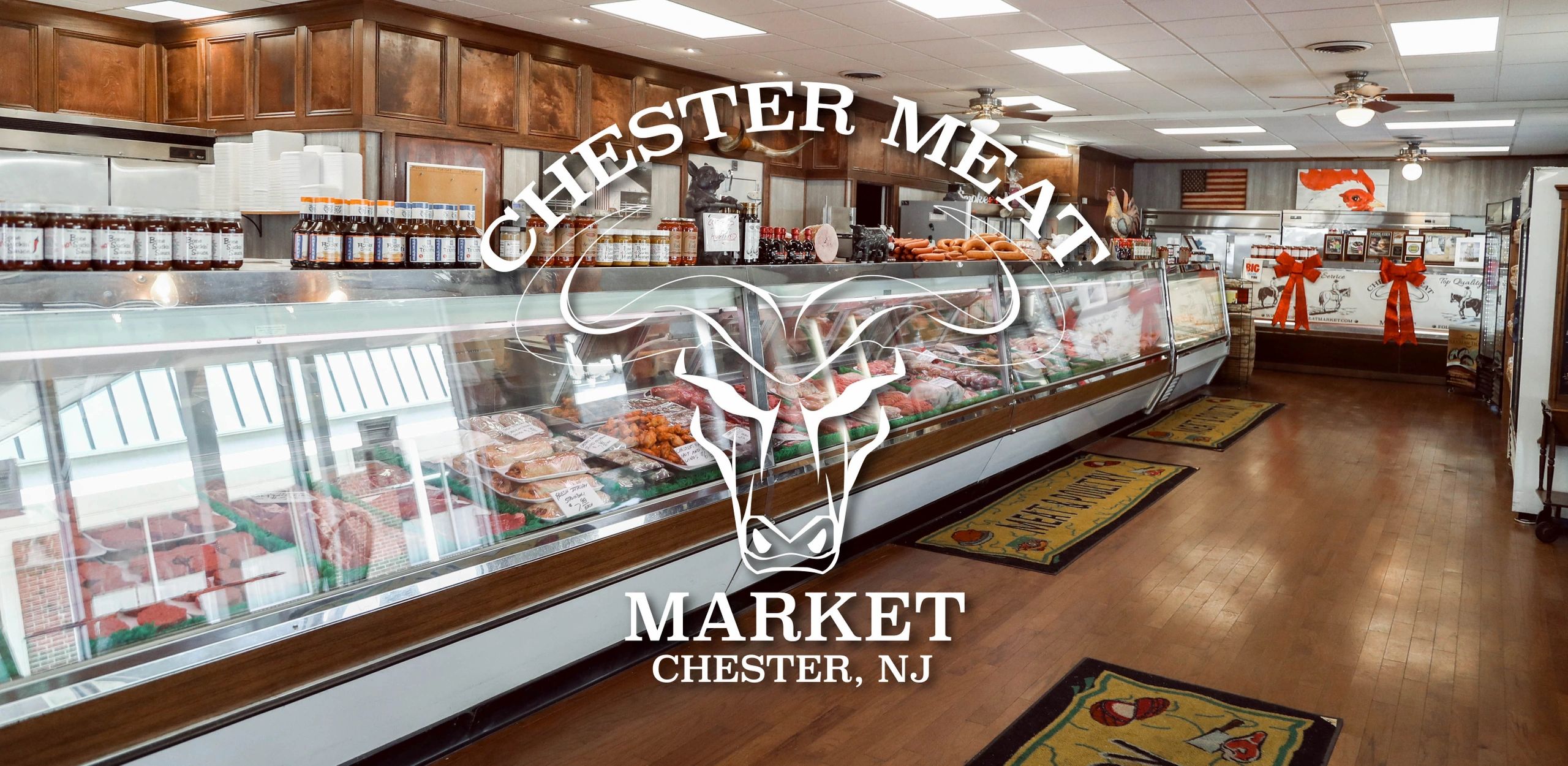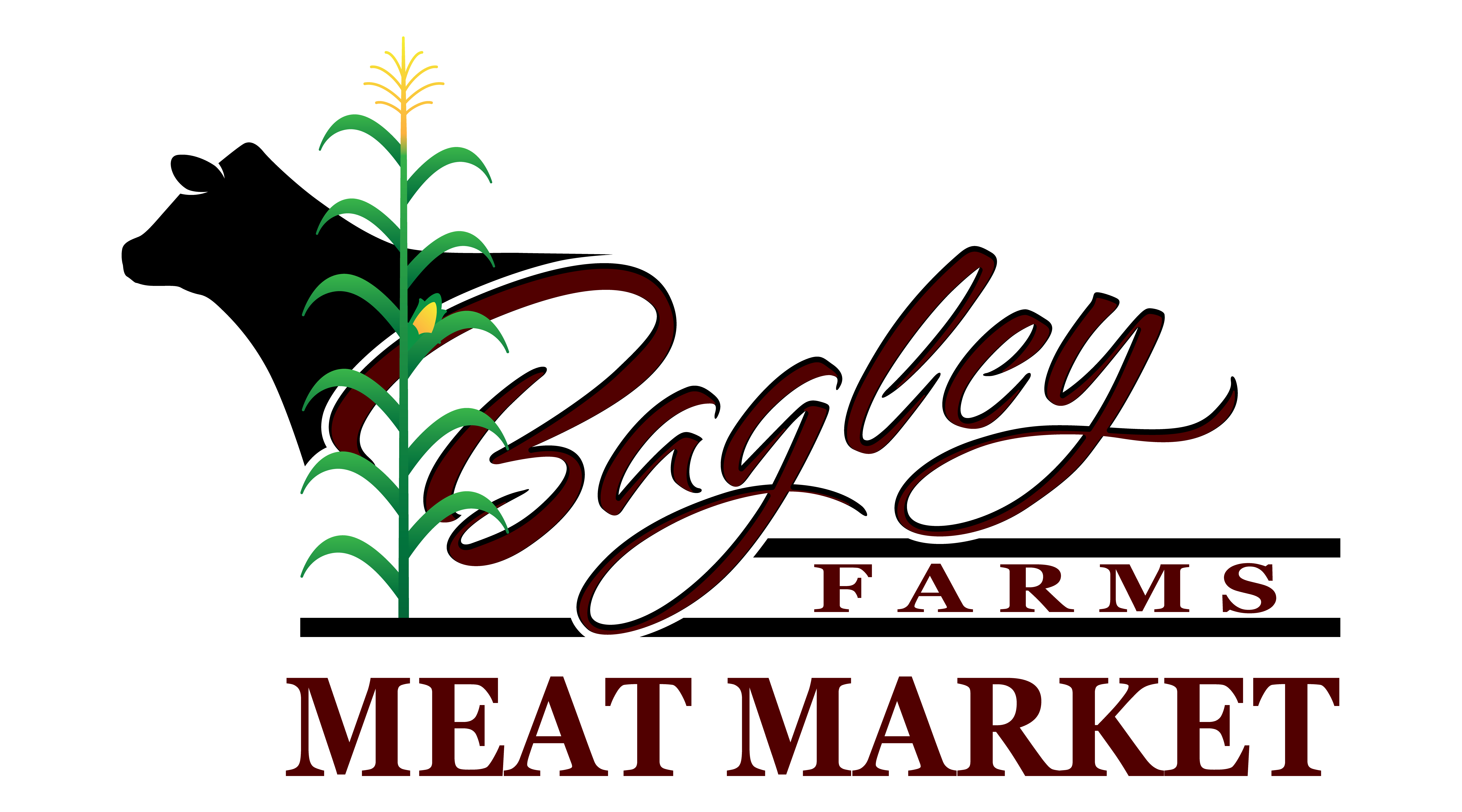Why Buying at a Neighborhood Meat Market Guarantees Fresh, High-Quality Cuts
Shopping at a regional meat market provides distinct benefits that commonly go undetected by consumers accustomed to larger retail chains. These markets offer direct access to fresh, high-grade cuts, an outcome of reduced transportation time from farm to counter. This not just enhances taste but additionally supports neighborhood farmers, promoting area partnerships and lasting practices. Rigorous top quality control gauges guarantee that each acquisition satisfies high requirements of security and quality. The effects of selecting local extend past instant benefits, prompting a closer assessment of what this selection genuinely means for both consumers and the local economy.
Advantages of Neighborhood Sourcing
In the world of food purchase, the advantages of neighborhood sourcing stand out prominently. By acquiring meat from local markets, consumers get straight access to items that are commonly fresher and a lot more flavorful than those located in larger, commercial grocery stores. Regional sourcing decreases the time and range food travels from ranch to table, which not only improves preference but additionally preserves dietary value.

Additionally, local sourcing commonly gives transparency pertaining to the origins of the meat. Consumers can make inquiries about the farming techniques utilized, animal welfare criteria, and whether the meat is natural or grass-fed. This info equips customers to make enlightened decisions straightened with their worths.
Quality Assurance Requirements
Local meat markets commonly follow extensive quality control requirements that make certain the items supplied satisfy high safety and security and quality standards. These requirements normally incorporate numerous phases of the meat production process, from sourcing to taking care of and storage.
First, local markets frequently develop stringent provider standards, making sure that only respectable ranches and producers are made use of - bagley meat market edwardsville il. This decreases the chance of contamination and promotes greater animal welfare standards. Additionally, lots of local meat markets implement regular inspections to confirm that the meat is refined under hygienic conditions, even more decreasing wellness risks
Temperature level control is an additional important element of high quality assurance. Local meat markets frequently monitor refrigeration systems to maintain optimal storage temperatures, making certain that meat stays safe and fresh for intake. Additionally, the implementation of traceability systems allows markets to track the beginning of their products, offering transparency and liability.
Lastly, staff at local meat markets are often educated to recognize indications of perishing and understand proper handling techniques. This commitment to quality control not just elevates the overall requirement of the meat but likewise promotes consumer trust, making regional meat markets a trustworthy source for top quality cuts.
Sustaining Neighborhood Farmers
Sustaining regional farmers is necessary for promoting a sustainable food system and enhancing area durability. They directly contribute to the livelihoods of farmers in their area when consumers select to shop at regional meat markets. This not only sustains the regional economic situation however also reinforces the agricultural market, making certain that it remains viable and dynamic.


Additionally, supporting regional farmers fosters a feeling of neighborhood and connection between consumers and producers. It motivates transparency in food sourcing and infuses trust fund, as consumers can create partnerships with the people that raise their food. This why not try these out straight link eventually causes a much more involved and educated public, which is important for supporting for sustainable agricultural methods in the future.
Lasting Practices
Sustainable methods in meat markets play a vital duty in advertising ecological stewardship and ensuring animal welfare. Regional meat markets often focus on sourcing their products from farms that execute ethical and sustainable farming methods. These methods include rotational grazing, which aids keep soil health and wellness and reduces carbon discharges, together with lessening making use of antibiotics and hormones in livestock.
In addition, local meat markets typically stress transparency in their supply chains. Customers are given with information concerning the origin of their meat, permitting them to make informed selections that line up with their worths. By supporting neighborhood farmers who exercise lasting methods, customers add to the conservation of biodiversity and the decrease of transportation emissions linked with long-distance meat circulation.
In addition, numerous regional meat markets take part in waste reduction strategies, such as using every component of the animal and advertising off-cuts that may or else go unsold. By promoting an extra sustainable approach to meat consumption, these markets not just offer high-quality products but likewise contribute favorably to the atmosphere and animal well-being. click over here Essentially, shopping at a neighborhood meat market lines up customers with a wider activity towards ethical and liable food sourcing.
Individualized Client Service
Shopping at a meat market usually incorporates greater than simply the products provided; it is also about the experience and the connections constructed between customers and team. Personalized customer support is a characteristic of local meat markets, establishing them in addition to larger grocery chains. Well-informed personnel put in the time to recognize specific customer preferences, making certain that each check out is tailored to particular needs.
Clients gain from skilled advice on cuts, food preparation methods, and preparation ideas, promoting a sense of depend on and commitment. This individualized communication enables consumers to ask concerns and look for recommendations, bring about informed purchasing choices. Employee often remember routine clients and their choices, creating a welcoming ambience that grows neighborhood connections.
In addition, personalized service reaches special demands, such as custom-made cuts or details prep work techniques, which bigger merchants may not suit. This level like this of attention strengthens the dedication of neighborhood meat markets to top quality and client complete satisfaction.
In essence, individualized customer care not just improves the purchasing experience however also ensures that consumers leave with the ideal items suited to their cooking demands, making every check out a fulfilling one.
Final Thought
In conclusion, buying at a neighborhood meat market supplies countless advantages, consisting of remarkable quality and top quality due to lowered travel times. Strict quality assurance steps enhance transparency and make certain high standards for items. Sustaining regional farmers cultivates area relationships and strengthens the local economy, while lasting techniques add to ecological stewardship. Furthermore, individualized customer support enhances the shopping experience, making local meat markets a preferred choice for customers looking for both high quality and ethical considerations in their food sourcing.
The effects of choosing regional expand beyond immediate benefits, triggering a better examination of what this option genuinely means for both consumers and the regional economic situation.
Sustaining regional meat markets likewise adds to the neighborhood economic situation. Neighborhood meat markets frequently keep track of refrigeration systems to preserve optimum storage temperatures, guaranteeing that meat remains risk-free and fresh for consumption.Local farmers are frequently extra attuned to the particular requirements of their neighborhoods, raising and expanding crops animals that line up with neighborhood preferences and choices. Supporting local farmers fosters area partnerships and enhances the neighborhood economy, while lasting methods add to environmental stewardship.